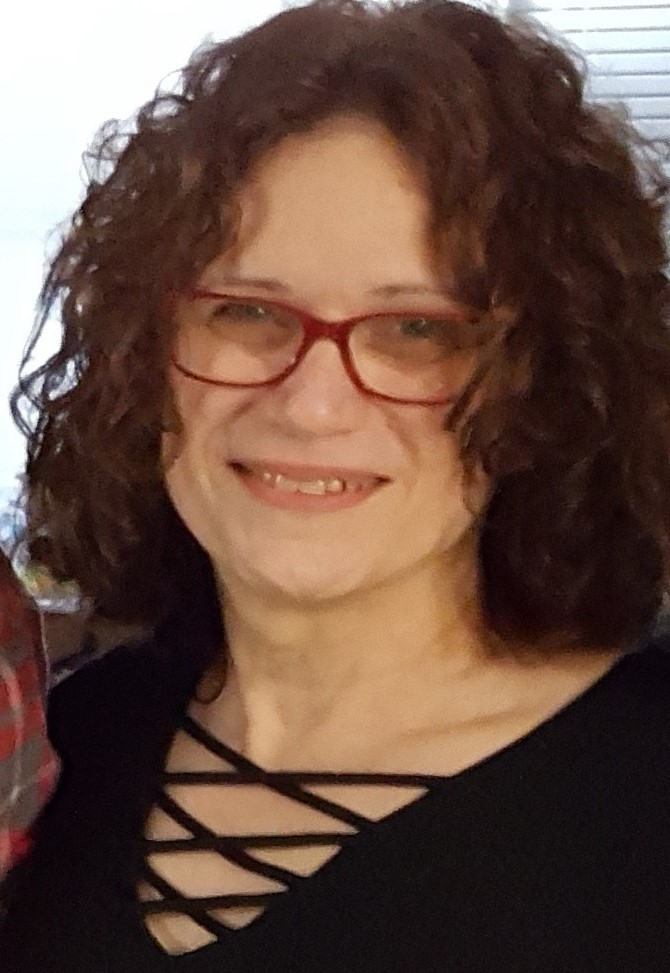Scientist profile
Joan Vaccaro

Bio
Affiliation
Griffith University
Country of affiliation
Australia
Gender Information
Woman
Academic qualification
Doctoral degree
03/12/1990
Type of research
Theoretical,
Currently in
Academia,
Key-words for research
Time, arrows of time, T violation
You can find me here
Personal/work webpage
Google Scholar
arXiv identifier
Professional experience
Hiring committees,
Thesis evaluation committees,
Student supervision,
Teaching,
Science communication,
Peer review (journals and conference proceedings),
Research highlights
arXiv:1502.04012, Quantum asymmetry between time and space, introduces a new description of time that draws out the physical repercusions of the violation of time reversal symmetry (T violation) observed in weak interactions.
arXiv:1004.5330, Information erasure without an energy cost, shows how Landauer's information erasure principle is circumvented when a spin reservoir is used to absorb the waste entropy at a cost of spin coherence and no energy; gives a new resolution of Maxwell's demon paradox that ushers in new kinds of efficient heat engines.
arXiv:1105.0083, Particle-wave duality: a dichotomy between symmetry and asymmetry, a new way of appreciating the duality.
What do you think can be improved for the community of women and gender minorities in quantum information right now?
Visibility.
What brought you to quantum science and what keeps you aorund?
It was the exotic character of the quantum universe that lies beneath our perceived world that drew me in initially and still fascinates me now.
What advice would you give to a young scientist?
Believe in yourself.
Favourite open questions
Because physicists study objective phenomena, it may appear that we can ignore philosophical issues. But we need we need a coherent view of what the objective phenomena is, and who we are as the observers of it, if we are to fully appreciate what it is to be a physicist. At the most fundamental level, we are a subjective perceptive mind. This level is known as solipsism, where all we can know is our "self". If we wish to advance beyond this level, we need to postulate that there is "something" additional to our self that is responsible for the consistent perceptions we have. A beneficial way of doing this is to postulate the something as being a "collection of additional things" that somehow underpin our subjective perceptions in an essential way. (If I perceive "pain when my finger moves towards a fire" then perhaps I should include finger, moves and fire in the collection.) We, as physicists, have good reason to doubt the reliability of our subjective perceptions, and we would like our collection of additional things to be as reliable an essential underpinning as possible. Moreover, for the collection to be strictly additional to our self and our perceptions, it needs to be "objective" and thus distinct from subjective. We are at a point that we can coherently refer to our collection of additional things as the "objective reality" and we can also coherently define "objective existence" as the property of belonging to the objective reality. We now appreciate "objective phenomena" as being phenomena in the objective reality. Clearly, the objective reality is what is described by our physical theories. However, I am (as in my self is) a subjective perceptive mind and, as such, I do not belong to the objective reality. I do not exist objectively. Put simply, I do not exist. Is the failure to agree with this at the root of the measurement problem in quantum physics?
Women and gender minority people in science that I admire
Jocelyn Bell Burnell
Rosalind Franklin
Maria Goeppert-Mayer
Lise Meitner
Marie Skłodowska–Curie
Catalina Curceanu
Janet Anders
Erikka Andersson
